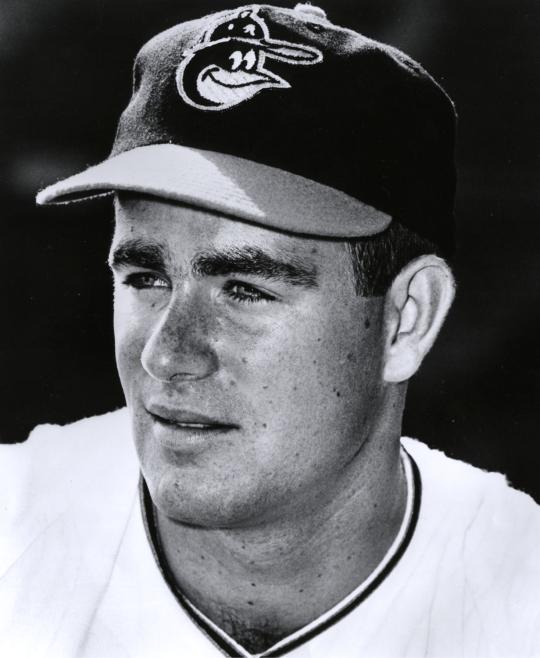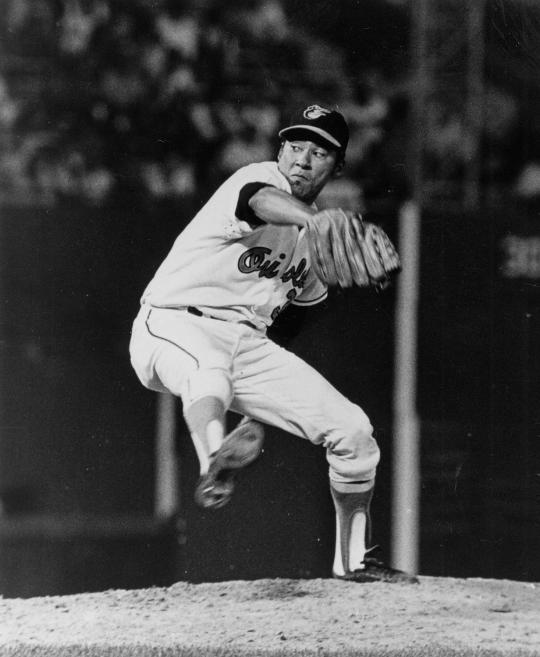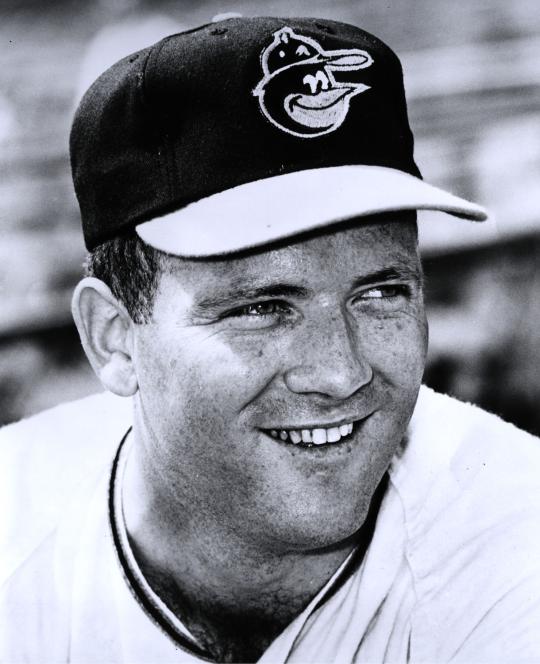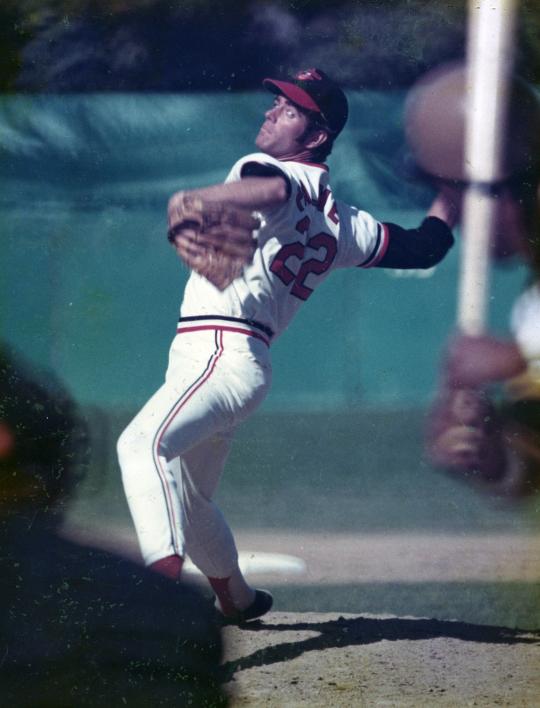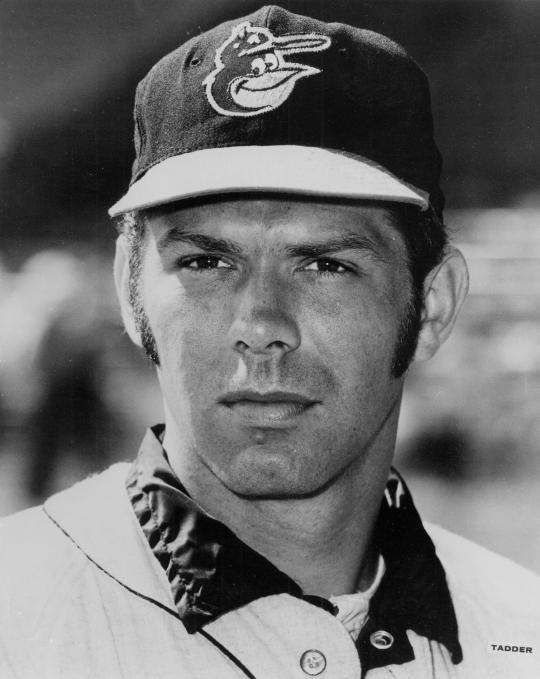- Home
- Our Stories
- Palmer's 20th win makes history for Orioles
Palmer's 20th win makes history for Orioles
With the end of the regular season in sight, Jim Palmer was feeling the pressure.
Not that his Baltimore Orioles were concerned about advancing to the postseason, as that issue had long ago been decided.
But the burden of history still fell to Palmer, who had amassed a 19-9 record heading into the Orioles’ game against the Indians on Sept. 26, 1971.
His teammates – Mike Cuellar, Pat Dobson and Dave McNally – had all won their 20th game of the season in the previous days.
And when Palmer joined them as a 20-game winner following a 5-0 shutout at Cleveland Stadium, history was assured.
Hall of Fame Membership
There is no simpler, and more essential, way to demonstrate your support than to sign on as a Museum Member.
“Mike, Mac and Pat told me not to choke,” Palmer told the Baltimore Sun following his three-hit, nine-strikeout performance against the Indians that Sunday. “When the other guys won their 20th, it was very important that I do it, too, or I would have looked mighty bad.”
With Palmer’s win, the Orioles’ rotation featured four 20-game winners – only the second time in history that distinction had been achieved. The 1920 White Sox were the first, and featured Eddie Cicotte, Dickey Kerr, Lefty Williams and future Hall of Famer Red Faber.
But those White Sox finished the season in second place in the American League. The Orioles finished first in the AL East with 101 wins and went on to sweep the Oakland Athletics in the American League Championship Series before falling to Pittsburgh in seven games in the World Series.
Of the 158 games the Orioles played in 1971, the quartet of Cuellar, Dobson, McNally and Palmer started 142 and accounted for better than 80 percent of the team’s victories. Grant Jackson, Dave Leonhard and Dave Boswell were the only other Baltimore starting pitchers that year, with Jackson getting the assignment in the final game of the season on Sept. 29.
With only two days rest between Sunday’s game and Wednesday’s finale, Palmer probably would not have had a chance to win No. 20 if he had come up short Sept. 26.
Palmer’s mound opponent on Sept. 26, the Indians’ Alan Foster, had no-hit the Orioles through six innings – but Palmer had also shut out the Indians. Then in the seventh, Merv Rettenmund singled to lead off the inning and later scored on a Mark Belanger sacrifice fly. Palmer followed with an RBI double that made it 2-0 and gave him more runs than he would ultimately need.
“I was worried,” Palmer said to the Baltimore Sun. “I had to be with a 0-0 score, but you can’t quit trying. (Foster) pitched well, but I thought we would get hits and runs sooner or later.
“I had excellent control and good stuff.”
Palmer’s next start would come nine days later on Oct. 5 when he wrapped up the ALCS with a complete game seven-hitter in Baltimore’s 5-3 series-clinching victory over the A’s.
“There was nothing cheap about their jobs all season,” Orioles manager Earl Weaver told the Baltimore Sun following Palmer’s 20th victory.
“What made it difficult, especially, for them was that each lost four starts because of our rainouts (the Orioles played only 158 of a scheduled 162 games due to contests that we rained out and not made up).”
Palmer’s 20-win season was the second of his career to date, and he would record six more before his final season of 1984.
He finished his career with 268 wins and three Cy Young Awards.
In 3,948 career innings, Palmer posted a 2.86 earned-run average and struck out 2,212 batters.
He led the American League in innings pitched four times, victories three times and ERA twice.
Palmer also won four Gold Glove Awards from 1976-79.
Palmer was elected to the Hall of Fame in 1990.
Craig Muder is the director of communications for the National Baseball Hall of Fame and Museum

